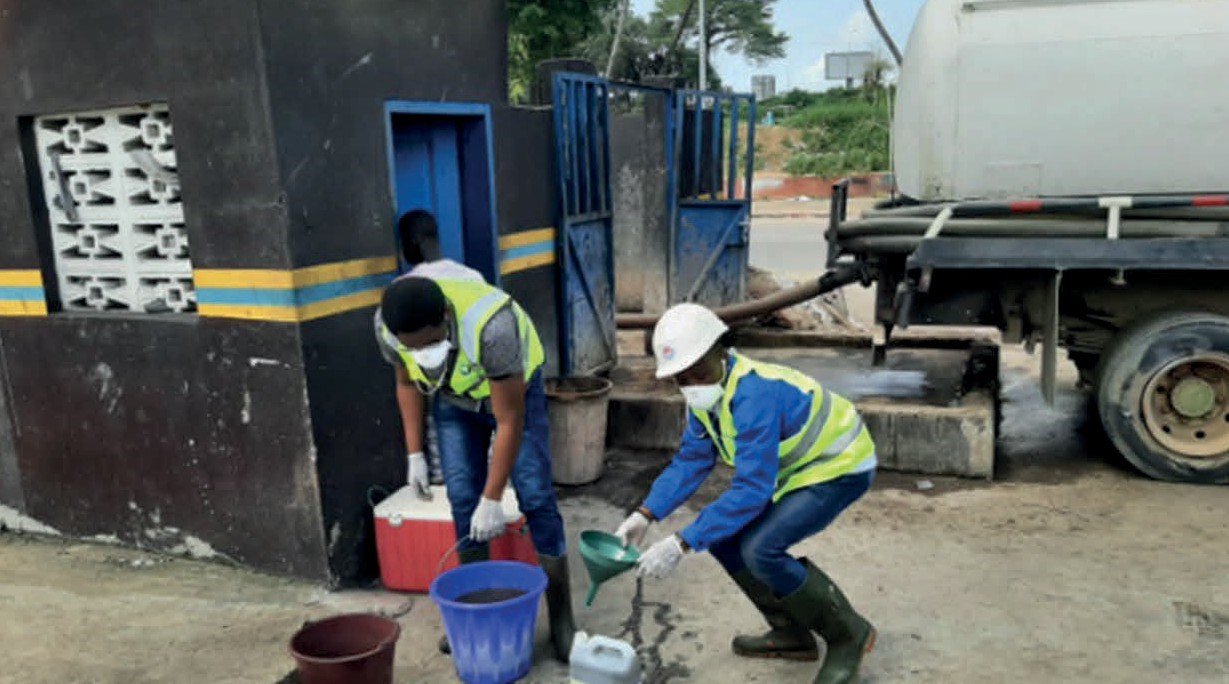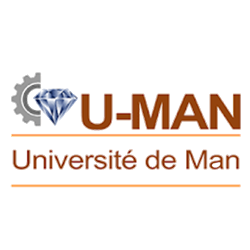Mechanical emptying and transport of FS (Côte d’Ivoire)

This work aims to assess the financial profitability of the intermediate link in the sanitation value chain and explore the health and safety and financial security, of mechanical emptier in San-Pedro located south-west of Côte d’Ivoire. We surveyed eight mechanical emptiers and three companies’ managers to evaluate the current state of mechanical emptying. The cash-flow method was used to demonstrate that the emptying activity. The higher cost is attributed to high operation and maintenance costs as well as the cost of discharging FS at treatment plant. Result showed that emptying workers are face serious health and safety risks, heightened by a lack of adequate protective equipment and access to healthcare services. 67% of the surveyed emptiers lack vaccination. 25% of those who subscribed to the national social security fund made contributions at the association level, while 50% only made contributions at the level of emptying associations. Health, safety, and hygiene at work have not been taught to 67% of emptiers. The study indicates that 17% of emptiers do not systematically wear Personal Protection Equipment (PPE) during their activities. Concerning the financial aspect, the higher cost is attributed to high operation and maintenance costs as well as the cost of discharging FS at treatment plant. According to the cash-flow table, the companies involved in the link are indeed profitable in their current state. The evolution of resources and daily emptying will occur over time as awareness-raising activities are conducted at the household level to call on the emptying service for the proper management of sludge.

